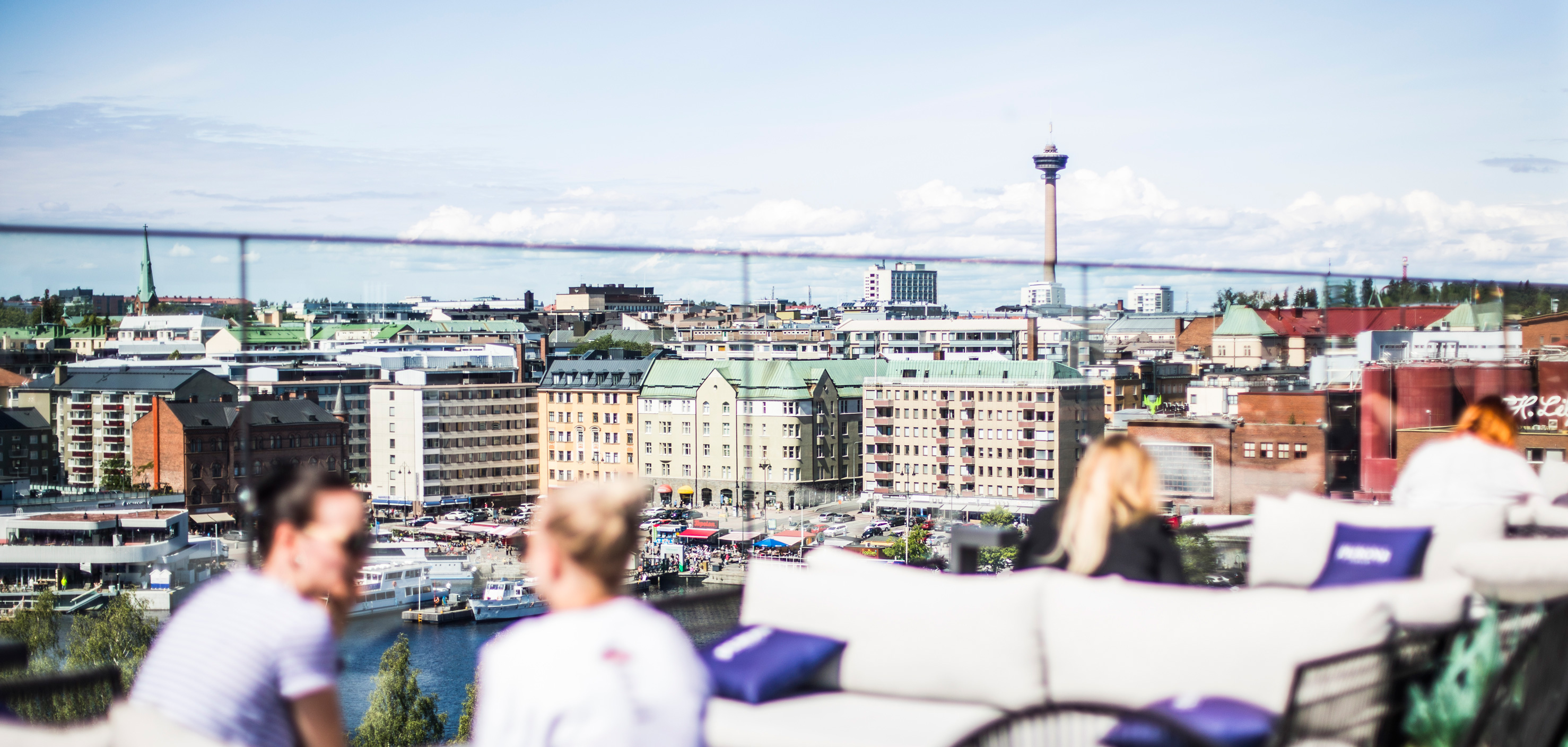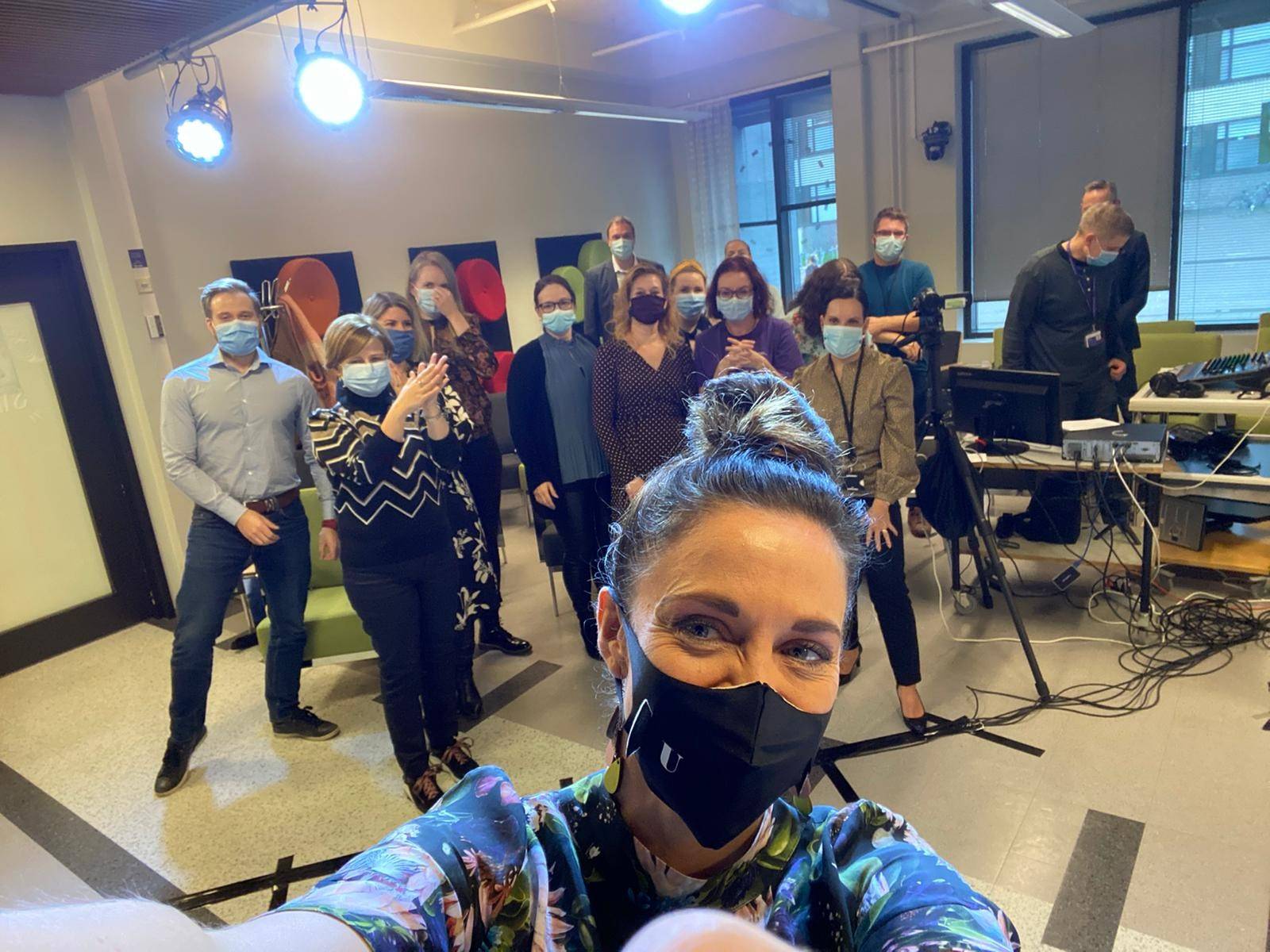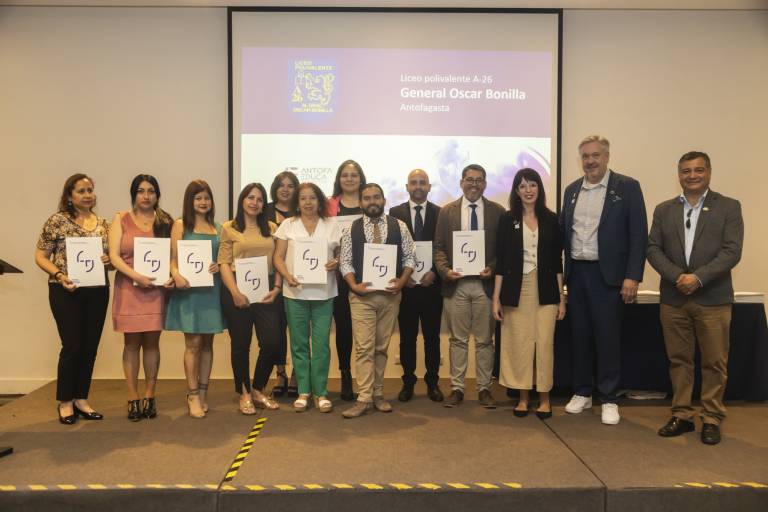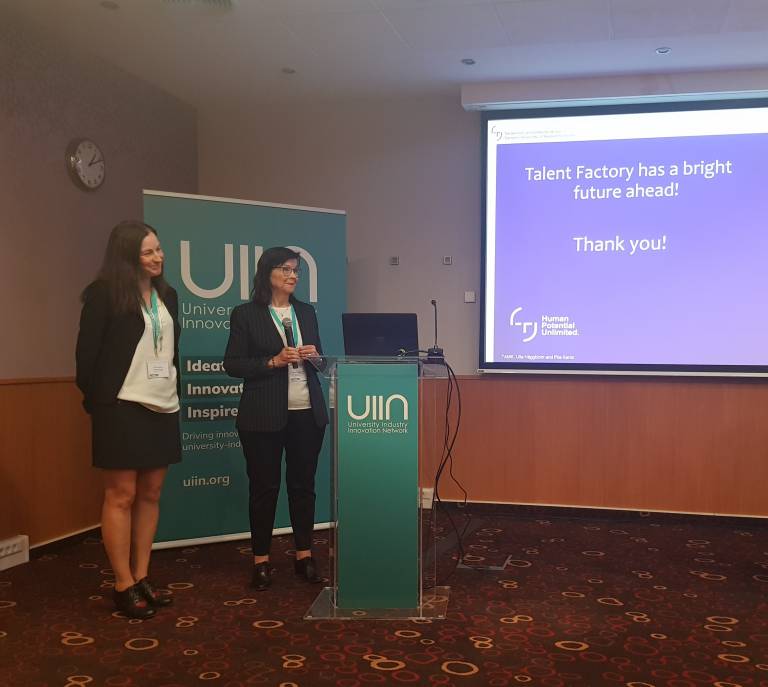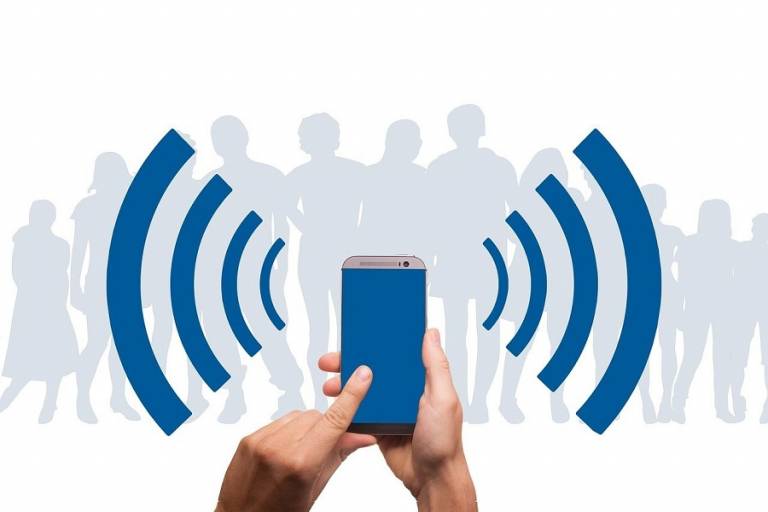The theme of Tampere University of Applied Sciences’ (TAMK) and ROBINS research project’s joint Sales Day seminar on 30 October 2020 was: Growth and Internationality through Intelligent Sales. Based on the excellent feedback, the customer experience was very good and 82% of respondents did not even miss the traditional face-to-face event. 42% of the respondents found the event in social media and 25% through their personal network.
The difference between a virtual event or webinar and a stream is significant. If you want to offer participants experiences and a participatory programme, a virtual event with networking, discussion environments and for example stands is the right choice. This calls for a suitable platform and technology, studio or another suitable place, script and a team for event planning and implementation.
Tapahtumateollisuus has shown that the revenue of the Finnish event sector is approximately €2.35 billion and more than 90% of it has disappeared because of the pandemic. It is a question of tens of thousands of permanent jobs in Finland. In addition, the sector offers even more temporary and seasonal jobs. The event sector grew strongly for a couple of decades, which attracted many people to the field and related education. Event organisers’ professional skills and keeping them up to date are however the best medicine against the pandemic. At the moment, the emphasis is on safety and health aspects of events. Evento magazine established how a virtual experience is created. (in Finnish)
The role of events is growing in target-oriented marketing communications and thus more and more event professionals are needed in planning and implementation of physical and virtual events in companies as well as other organisations. The exceptional crisis has increased event producers’ and organisations’ virtual event competence and experiences. A well-planned and well-implemented event is excellent marketing which at its best enhances the brand, brand recognition and business. Virtual events are also ecological and virtuality suits some events even better than face-to-face events. Virtual events will however never totally replace physical events where people meet face to face.
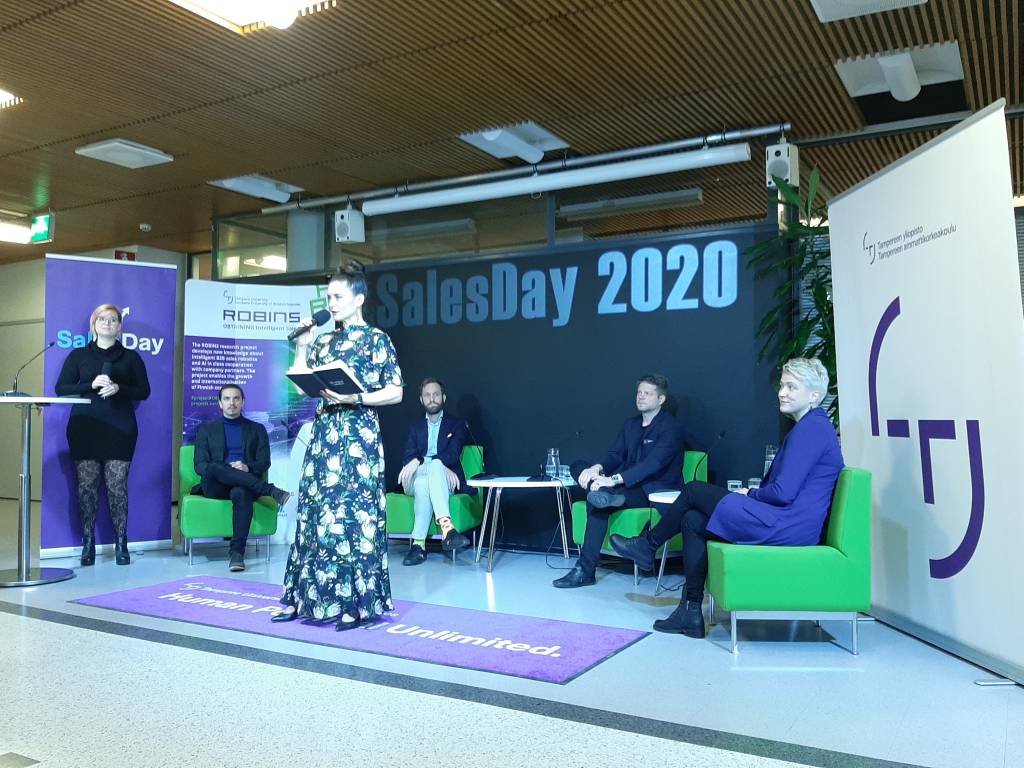
Live streaming of virtual events keeps the spirit high
Live broadcasts are often exciting and communal and keep the spirit high. Virtual events have to be shorter than traditional face-to-face events. It is important to pay attention to breaks and event rhythm as otherwise people may lose their concentration and leave the event. The speeches should be short, 15-30 minutes per person. The programme should also include entertaining or interactive elements to offer an experience. It is important that customers have a positive experience and benefit from using their time to attend the event.
Development targets to make hard work pay off in the future
Event planning, coordination, marketing and organisation consist of thousands of pieces as a puzzle. Teamwork and communication have to run and technology has to function. Only a fraction of event work is visible, most of the work is done under the surface. There is always need for development, especially in feedback collection and after-marketing.
Keys to a successful and impactful virtual event
Here are my tips for organising a successful event from organisers’ and customers’ viewpoints.
- The producer team’s great community spirit, functioning teamwork and encouragement
- Interactive, functioning and continuous internal communications during planning
- Marketing: a clear event message to the target audience and audience’s participation through the chat and social media channels before, during and after the event
- Interesting, competent and topical guests and high-quality programme contents
- Suitable and good-quality technology, sound quality, video connection and a functioning platform
- A well-planned and well-implemented event script, planning and coordination
- Selection of a suitable room for streaming as well as related lighting, acoustics and technical equipment
- Staff engagement in event planning and implementation
- Scheduling, work distribution, clear responsibilities and management
- Content production and multiple channels of marketing communication
- Post-marketing, management of customer relations and thanking
- Event experience and a positive emotional reaction
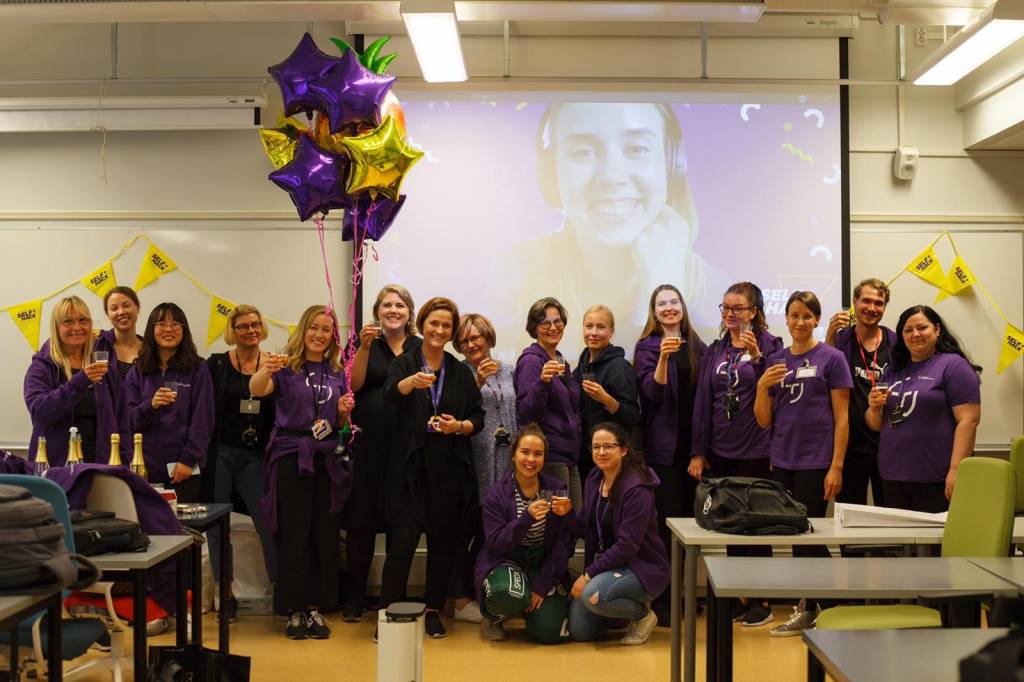
by Jaakko Saarilampi
Text: Ursula Helsky, Project Manager, Education Development Services, Tampere University of Applied Sciences, professional teacher, Master of Business Administration (MBA) and life coach.
Tampere University of Applied Sciences’ Learning Lab offers students the possibility to learn by working in event production. If you want to join our event work, do teamwork, learn and accrue credits, enrol on the Learning Lab. https://sites.tuni.fi/learninglab-fi/

